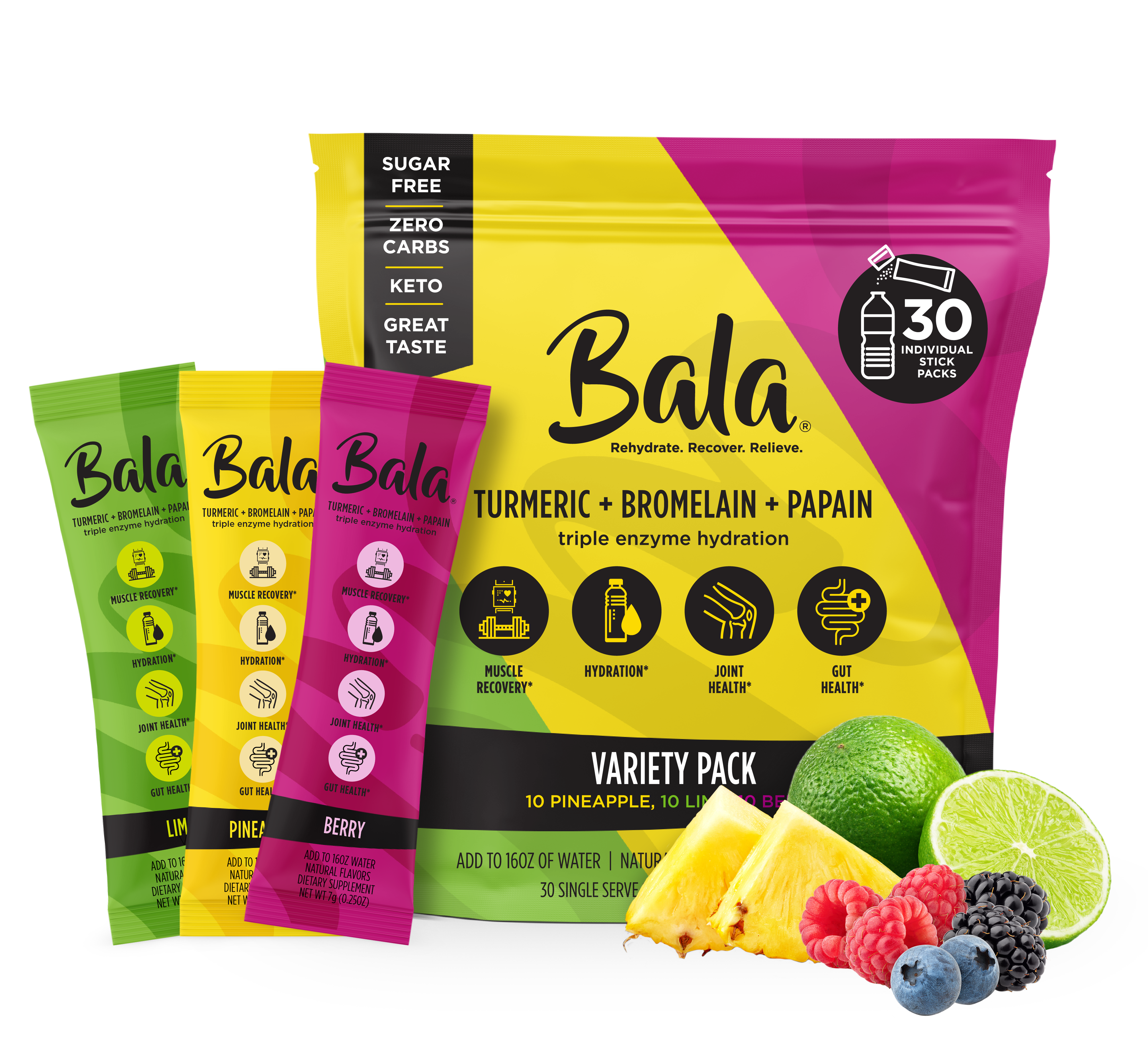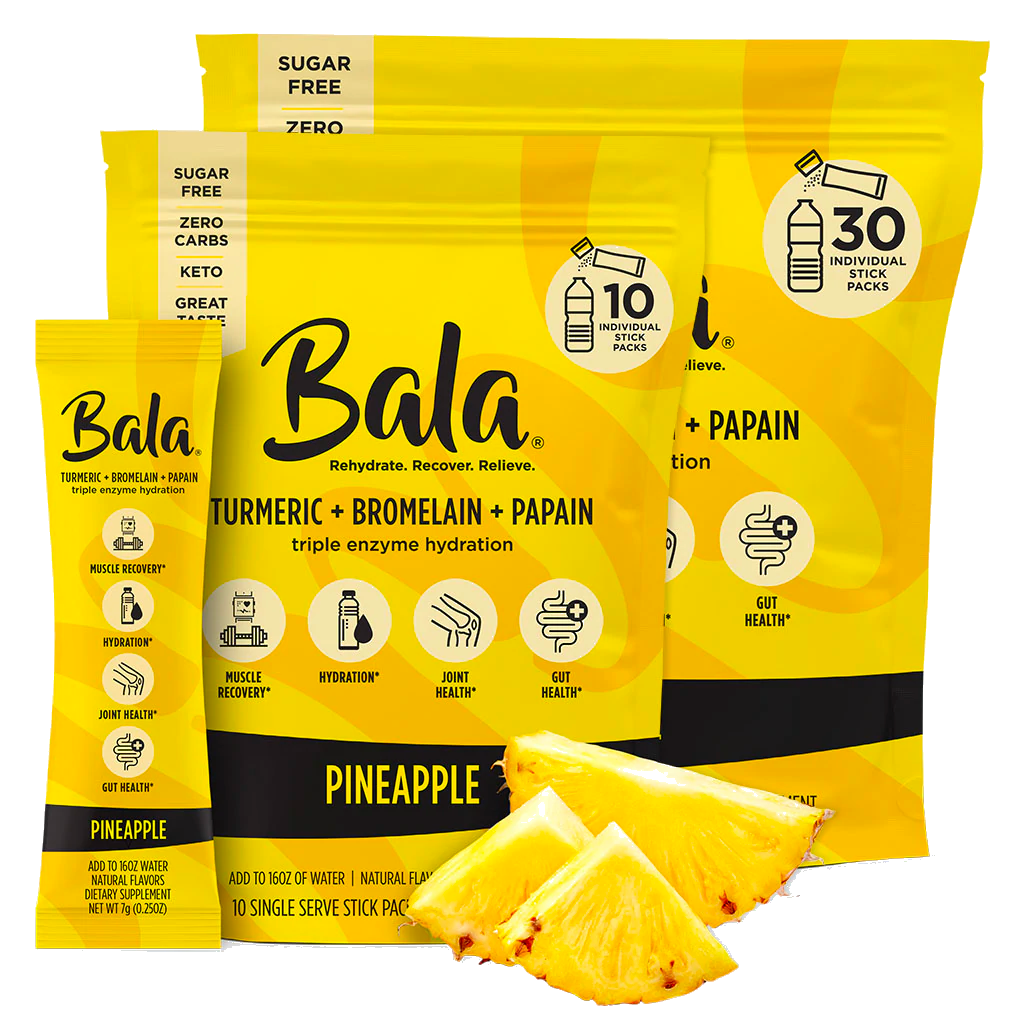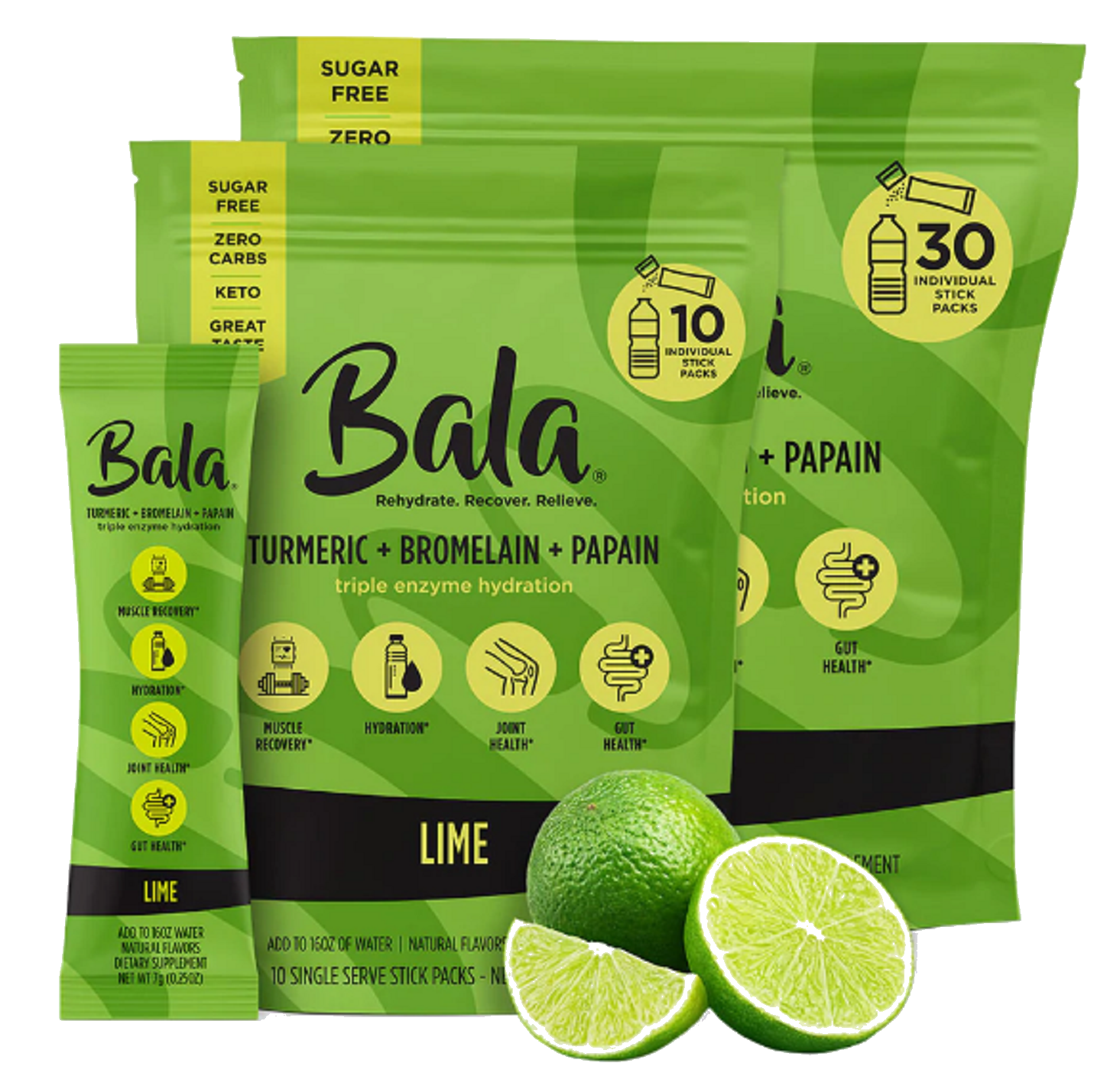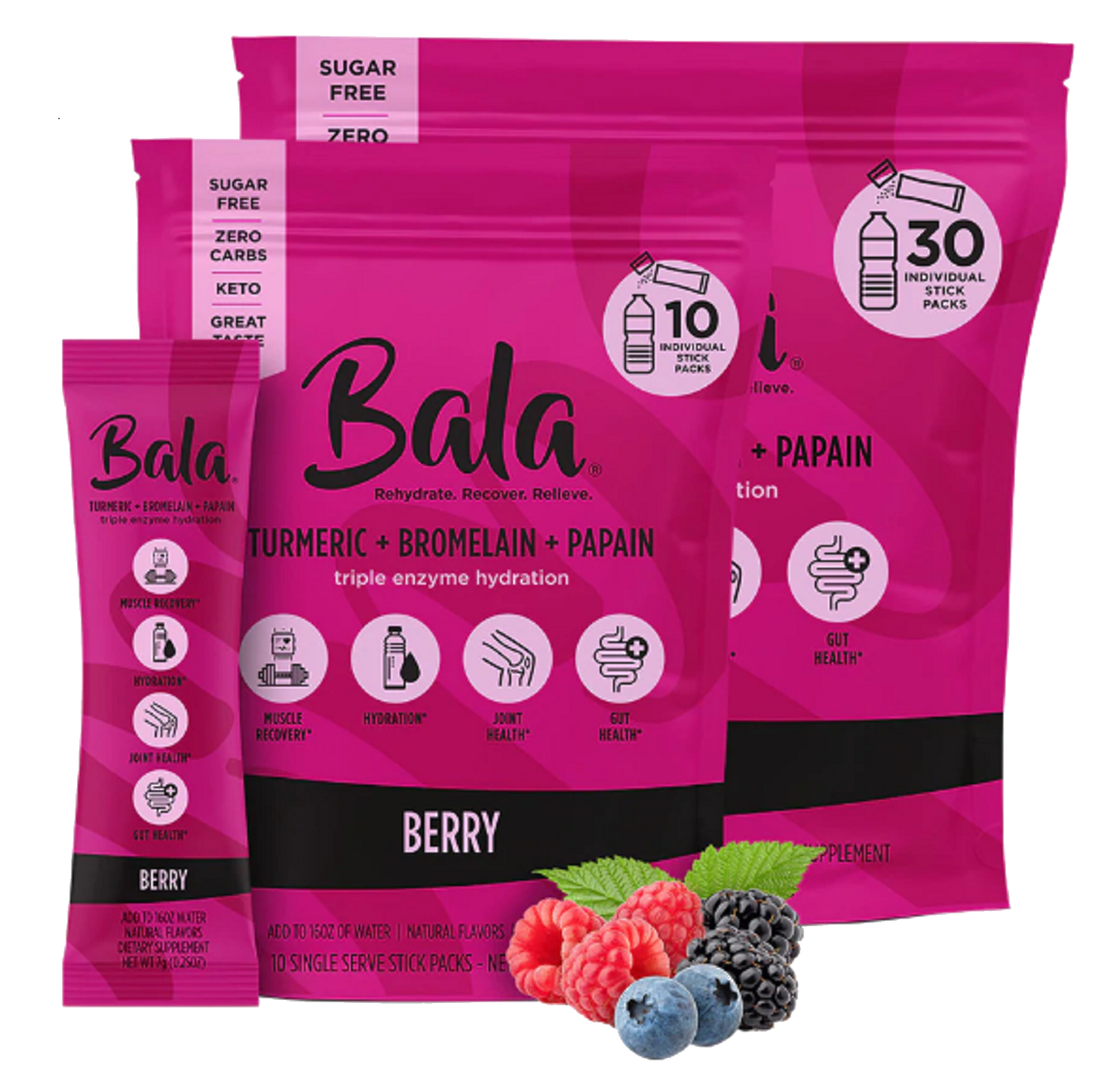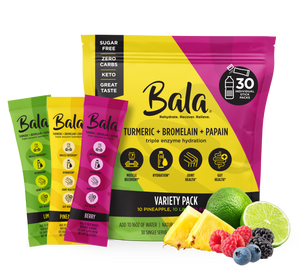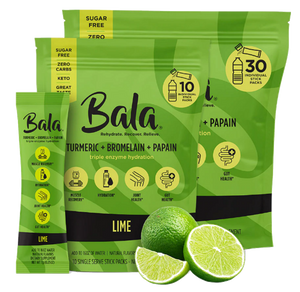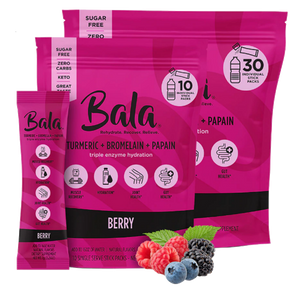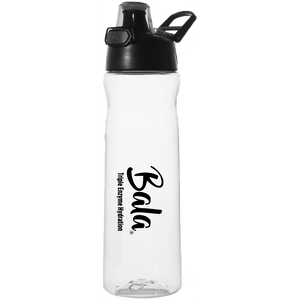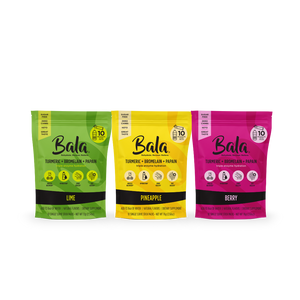What is Gut Health?
Your gut—otherwise known as your digestive system— digests the foods you eat to break them down into nutrients, absorbs the nutrients, and uses those nutrients to fuel and maintain your body. The gut plays a huge role in the health and well-being of our bodies and also serves as a link to other organs, including the brain.
The gut maintains a line of communication with the brain, influencing a number of factors, such as immune activity and mood. Experts in gut health often cite the “gut-brain connection” and refer to the gut as “the second brain” as they believe that your gut may affect your emotions and the way your brain processes information from your senses. For instance, an unhealthy balance in your gut microbiome may cause crossed signals from your brain when it comes to feeling hungry or full. So how can we improve our gut health?
How to Improve Your Gut Health
1. Use Probiotics and Prebiotics
Probiotics and prebiotics work symbiotically to improve your gut health by supporting the good bacteria in your body. Probiotics are live microorganisms that help maintain or improve the "good" bacteria in the body to prevent inflammation and other intestinal issues. Prebiotics, which are high-fiber, non-digestible carbs that promote the growth of probiotics, are consumed in conjunction with probiotic-rich foods. There are a few foods that we can eat to support our gut health:
- Fermented foods, like yogurt, kefir, kimchi, kombucha, miso, and tempeh, which are all a natural source of probiotics
- Asparagus, bananas, garlic, onion, and whole grains for prebiotics
2. Cut Back on Sugar
Sugar in large quantities can cause an imbalance in bad bacteria and inflammation in your gut, so it is important to consume sugar in moderation and prioritize eating more fruits, vegetables, and grains. Thankfully, there are many natural sugar alternatives available to sweeten your food and drinks to help you swap out the sugar. Bala also makes it easy to cut back on sugar while supporting your gut health with anti-inflammatory ingredients and sugar-free formula!
3. Reduce Stress
Reducing stress is another way to improve gut health. Stress takes many forms, both good and bad. Good stress, such as exercising and taking a vacation, keeps you motivated to achieve goals and overcome challenges. Bad stress, like sleep deprivation and emotional conflict, suppresses the body’s immune functions by disrupting the microorganisms in the intestines. There are many kinds of stress management techniques which include meditation and deep breathing exercises, but just a regular sleep schedule and exercise can help a lot with improving stress.
4. Stop Overusing Antibiotics
While antibiotics can help your body fight a bacterial infection, they do not discriminate between good bacteria and bad bacteria, and will kill helpful bacteria in the process of clearing your infection. It is not to say that antibiotics should be avoided completely, as they are necessary for fighting infections or preparing for certain medical operations, but they should be used only when needed. When you stop overusing antibiotics, you may find your gut biome has a chance to bounce back after an illness.
5. Eat Well
Food is fuel, so when you eat well, you’re fueling your body (including your gut). Eat more foods that are high in vitamins, minerals, protein, and fiber and less processed foods, red meat, artificial sweeteners, and alcohol. A vegetarian diet is also great for supporting your gut health, as you would be avoiding meat, which is an inflammatory food, and increasing your intake of prebiotic fiber. Always check for food intolerances to ensure that you’re only eating foods that your body can handle.
Bottom Line
Remember, improving your gut health contributes to better overall bodily health and immune function. It is quite easy to make a few changes to your current lifestyle in order to make big, impactful changes to your gut health. By making appropriate lifestyle and dietary changes, people can alter the diversity and number of microbes in their gut for the better.
